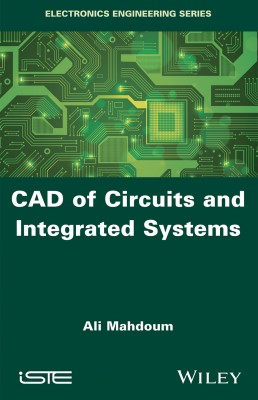
This book addresses the difficulty of obtaining a quality solution, that is, pre optimal or even optimal, in a reasonable time from a central processing unit (CPU). As polynomial problems can be treated by exact methods, the problem posed concerns non-polynomial problems, for which it is necessary to develop efficient algorithms based on heuristics or meta-heuristics.
Chapter 3 of this book demonstrates how to develop such algorithms, which are characterized by: an initialization of argued solutions (sometimes, the global optimum can be obtained from such an initialization); a non-random generation of solutions (to avoid generating the same solution several times, or even generating solutions that cannot be achieved); avoidance of being trapped by a local optimum; good use of CPU time by reducing the size of the space of solutions to be explored (which is often very large for such problems) without compromising the quality of the solution; plus a reasoned displacement from one solution to another, to improve the quality of the solution as the processing is carried out.
These aspects are applied to concrete applications in the design of integrated circuits and systems at various levels. To do this and to help the reader better understand this problem, Chapters 1 and 2 present basic notions on computational complexity, and the design of integrated circuits and systems.
1. Basic Notions on Computational Complexity and Approximate Techniques.
2. Basic Notions on the Design of Digital Circuits and Systems.
3. Case Study: Application of Heuristics and Metaheuristics in the Design of Integrated Circuits and Systems.
Ali Mahdoum is a full-time researcher at the Centre de Développement des Technologies Avancées (Center for Development of Advanced Technologies) in Algiers, Algeria. He also teaches part-time in the Departments of Computer Science and Electronics at Université Saad Dahlab de Blida in Algeria. His research interests include the computer-aided design of integrated circuits and systems.